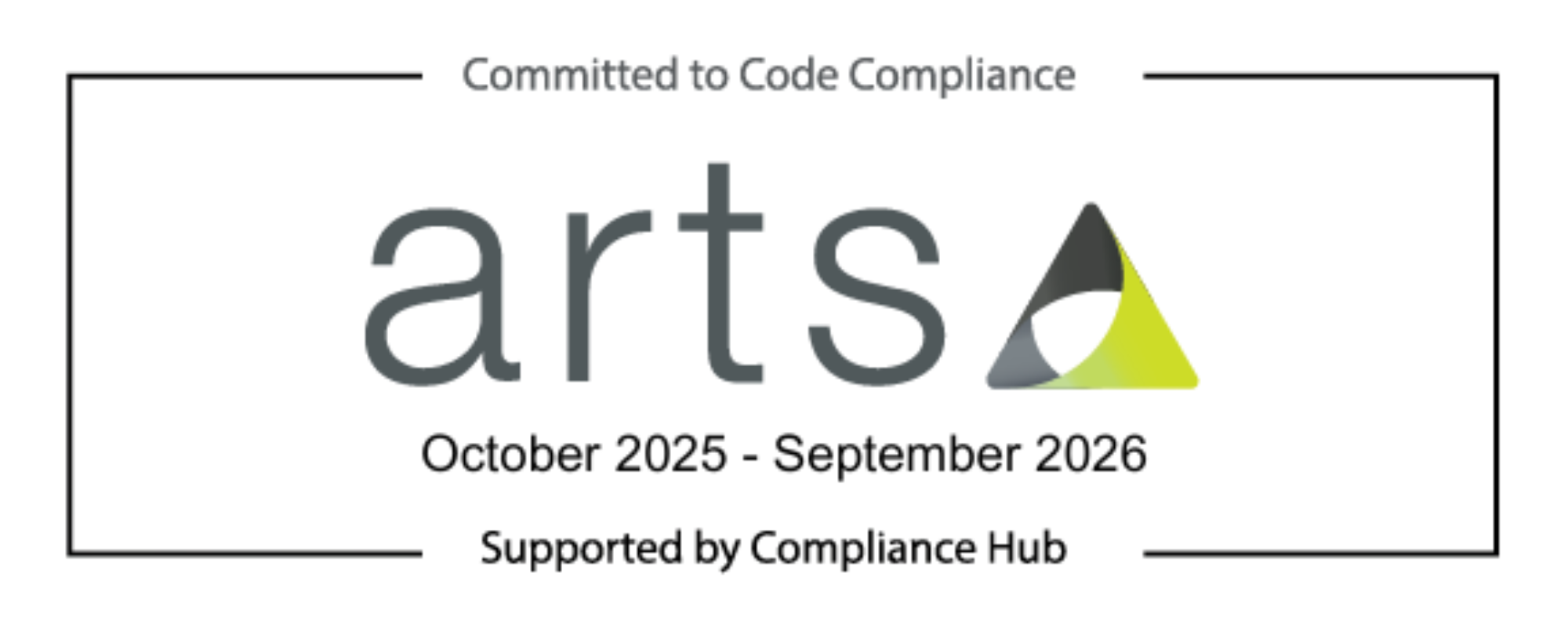The Meaning of Mindfulness with Locality Lead Pharmacist, Dr Emily Kennedy
)
Gearing up to speak at this year's CPC Live! Emily Kennedy shares how she's adapting to Covid-19, why mindfulness is so important and what visitors can expect from her session at our virtual event.
Locality lead pharmacist for Dumfries and Galloway for the past 17 years, Emily Kennedy first developed an interest in mindfulness through her colleagues, most notably the health and wellbeing team she worked with. Today she's a trained mindfulness teacher who's passionate and vocal about the difference regular practice can make to the wellbeing of many, now more than ever. We caught up with Emily to discuss the impact of Covid-19, why mindfulness matters and her top three tips to help pharmacists manage stress.
Can you tell us a bit about your career background?
'Being locality lead pharmacist for the past 17 years, the job has changed quite a lot. I now manage a large group of pharmacists looking at the 'pharmacotherapy' aspect of the GP contract in Scotland. It's slightly different to England but essentially, we provide similar care as the primary network team would, in addition to monitoring cost effectiveness and safety.
'I work very closely with our health and wellbeing team, as you can't have medicine without mental health and wellbeing. Prior to that, I was a community pharmacist at Boots, after spending some time as a lecturer at Robert Gordon's university in Aberdeen. I did my PhD at Bradford university and was the first PBSGL pharmacist writer for NES (NHS Education Scotland).'
How have you found the last 12 months?
'The pressure really ramped up in the practices, with increased prescription requests and the need to reassure patients. Our pharmacy team worked quite closely with the health and wellbeing team in order to adapt, and we also had pharmacy support workers who helped with deliveries of prescriptions etc. to our shielded patients.'
'We had to work differently with many pharmacists working remotely, which was very interesting. I did quite a few shifts in our Covid-19 hub, where we assessed whether or not patients needed to be admitted to hospital. Prescribing for respiratory and pain symptoms are my main interests, so it fitted really well with the needs of Covid-19 at that time.'
'There was around-the-clock demand for the Covid-19 hub, especially during the first lockdown. It was a multidisciplinary hub which meant I worked alongside medics, GPs and physiotherapists; and connected with a lot of people involved in all aspects of pain and mindfulness. During the most recent lockdown, we also tried to minimise footfall in the practices, so I did my consultations remotely. Since I take part in home-schooling (often resulting in a full house), I never felt too isolated ' but I kept up with pilates, online yoga and my mindfulness practices.'
You'll be speaking at CPC Live! 2021 about mindfulness, what can we expect from the session?
''As a pharmacist I can see there's a big patient need for pain relief, so I teach 'mindfulness for pain' courses in my locality. It has transformed patients' lives. I've found that many people don't know what mindfulness actually is, and there are lots of misconceptions ' which hopefully my session will clear up. I would like to give people a brief taster of what mindfulness meditation is, and I'll also be going through some evidence-based information to encourage those who might be sceptical on how useful and beneficial mindfulness can be.'
'I also plan to illustrate how people can use it for their own wellbeing and for de-stressing. There's a book I often speak of by Mark Williams and Danny Penman about the times when there are lots of spinning plates in life. Mindfulness helps you put those plates down and become less anxious, it increases concentration and focus. For someone who's interested in mindfulness, I would like to touch on how they can take it further and utilise it with their patient groups.'
With the Covid-19 pandemic, has there been an increased need for mindfulness?
'I've been getting continuous enquiries from people dealing with pain and stress. Traditionally I would have taught my 8-week courses face-to-face but because of Covid-19 we moved online, where I've just finished an 8-week pilot course via Microsoft Teams. Although we need to carry out in-depth one-to-one interviews and analysis with our participants, I'm already convinced it's the right thing to offer.'
'If people want to opt-in, it's a platform that's available to many ' with advantages for those who are isolated or shielding and have no connection with others. There is a demand. I've also been talking to healthcare professionals about using it for themselves as well as for patients. An added bonus is that offering it online removes geographical barriers, and since most patients are at home, they're bound to feel at ease and more comfortable too.'
'I'm very passionate about mindfulness, and feel we can introduce a lot of it into our daily lives. I'm not saying it's the right solution for everybody, but trying it can help you discover what's right for you. I believe it will be beneficial for many people, especially busy healthcare professionals who need more options when it comes to managing their mental health and wellbeing. The 8-week course, in addition to the taster sessions we offer, is just the start of that journey.'
'I once had this lady on my course who halfway through had a light bulb moment, realising she wasn't actually in pain. There was something else that made her full of tension and mindfulness helped her realise that; as a result she was able to stop taking all of her medication. I really see a physical difference in people from week one through to week eight.'
What resources are available for pharmacy professionals?
'We offer courses to any staff members within the health board, so we've had community pharmacists, social workers and my pharmacy team. We advertise it to staff but it's of course up to them to participate. There are many courses available online but there's usually a fee, which gives our course a point of difference as we provide it for free. For people who are interested in mindfulness ' I can offer helpful reading materials, methods & resources, signposts, and online courses too. I will go into more detail during my session.'
What advice would you give to people right now?
'Very simple advice ' breathe. People forget. Breathing is one of the key things people take away from the course as they realise they've been 'shallow breathing'. Your breathing gets quite shallow when you're stressed, so taking deep breaths and breathing in general is very important. Take time for yourself and spend some of it outdoors. Community and PCN pharmacists are often indoors or sedentary, so getting outside and connecting with nature is essential.'
'It's three things:
- Breathe
- Make time for yourself
- Get outdoors.
It's the little things like taking a lunch break that can make the difference.'
Hear more about Mindfulness at this year's CPC Live! 2021. Tickets are available free of charge for healthcare professionals.
Join Emily Kennedy at CPC Live! 2021
'


 London
London


